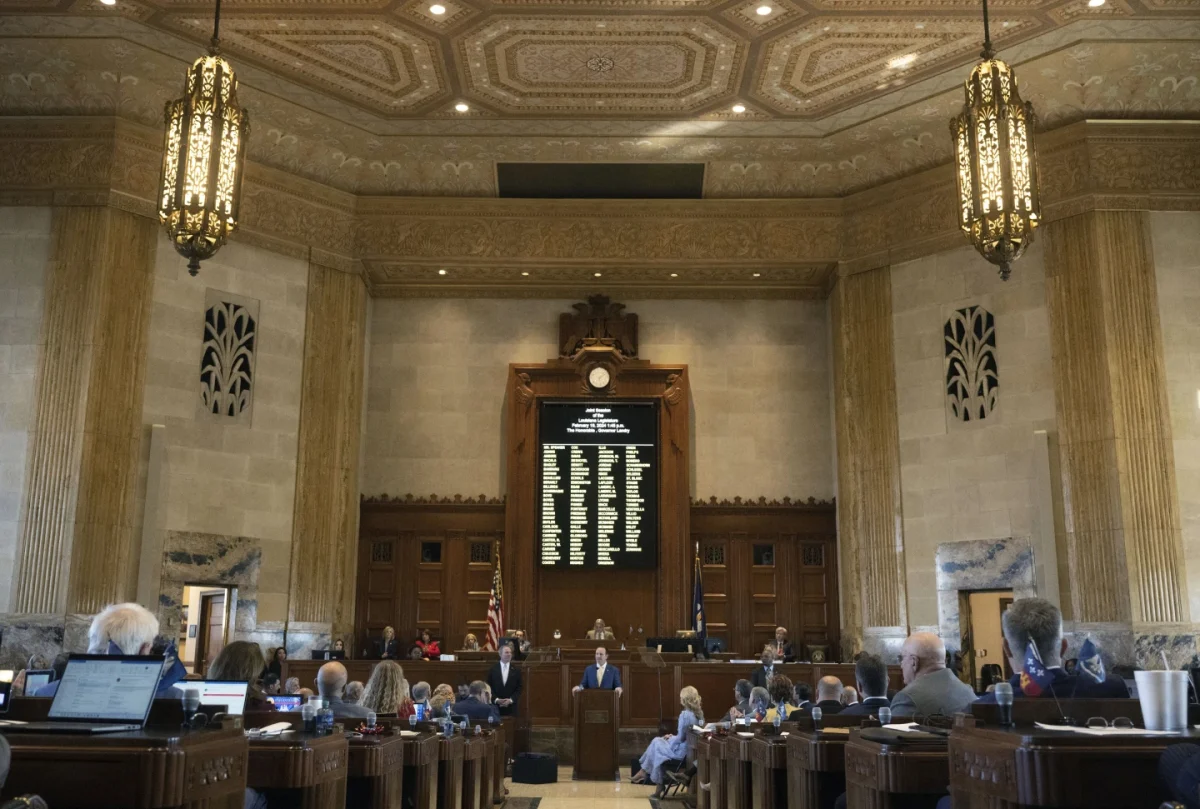I am proud to have received a world class education at Louisiana State University, where I studied Medieval literature. I am not proud, however, of how Gov.Jindal has treated the people of Louisiana by systematically defunding higher education.
Since taking office, the governor has slashed state spending on higher ed by at least 42 percent. For the upcoming fiscal year, Jindal plans to cut an additional $608 million, a staggering number that would reduce funding for public universities by 82 percent.
LSU President F. King Alexander has asked University administrators to begin drafting a plan for financial exigency. This almost unfathomable scenario would allow the state’s flagship university to eliminate whole programs as well as to terminate the contracts of tenured and non-tenured employees’ at will.
Filing for exigency would also further damage LSU’s already tarnished credibility. The University has been under censure by the American Association of University Professors for the better part of four years.
Moody’s has also downgraded the university’s credit rating from positive to stable, and LSU announced that it will postpone issuing some $115 million in bonds to national investors for new construction projects. Dark times indeed.
Yet, this is not the first time the LSU system has contemplated exigency. Then-System President William Jenkins floated the idea back in 2012.
Faced with similar cuts, smaller public universities around the state have likewise had to make tough decisions to remain open, including mandatory furloughs, talks to merge with other imperiled schools and other equally drastic measures. In October 2012, Southern University in Baton Rouge took the step that LSU was contemplating and declared exigency.
Once upon a time, Louisiana’s financial situation was less dire. The ongoing crisis partly can be traced to Jindal’s decision to repeal the Stelly Plan in 2008 (a decision, it should be noted, the legislature went along with).
The progressive plan, which voters approved in 2002, raised rates on the highest state income tax brackets while reducing state sales tax. To no one’s surprise, repealing Stelly led to a budget deficit that nearly matched the revenues the plan was expected to generate.
Today, Louisiana’s deficit has ballooned to $1.6 billion. Nor have repeated cuts to the state’s higher ed budget solved the state’s perpetual financial woes so much as acted as a salve that must be applied each mid-year and end-of-year budgeting session.
Meanwhile, tuition rates at the state’s two-year and four-year institutions have gone up on by 62 and 54 percent respectively since 2009-10. To add insult to injury, Jindal gives taxpayer dollars to multimillion dollar industries. To give just one example, the A&E program “Duck Dynasty” receives over $300,000 in-state subsidies per episode.
When did forcing Louisiana’s public universities to resort to such drastic measures become the status quo? When did forcing state employees to work in constant fear of budget cuts become acceptable policy? Why are Louisiana’s taxpayers subsidizing popular entertainment programs as budget shortfalls have soared, all the while forcing the state’s traditionally low income students to take on the cost of receiving a quality education?
During the Middle Ages, German lords gamed the toll collection system that had been set on shipping routes along the River Rhine. These robber barons, as they became known, went to great lengths to ensure that passing ships could not sail by without first paying exorbitant fees. Towards the end of the nineteenth century, the term applied to American railroad magnates who swindled investors and low wage laborers alike in order to accrue massive amounts of wealth.
Jindal may very well be a modern day robber baron. With one hand, he manufactured a financial crisis when he repealed the Stelly plan, and with the other, he has given away taxpayer dollars to industries that have little incentive to put that money back into the state’s coffers. Beyond these preventable losses in revenue that are crippling the state’s public universities, higher tuition rates are robbing many of the state’s people of a chance to receive a quality education. Yet, that is increasingly one of the only routes they can take to enter the middle class.
Greg Molchan, editor, LSU Faculty Senate Monthly Newsletter 2009-2012
Letter to the Editor: Proposed budget cuts to decrease access to quality education
By Greg Molchan
April 29, 2015
More to Discover







